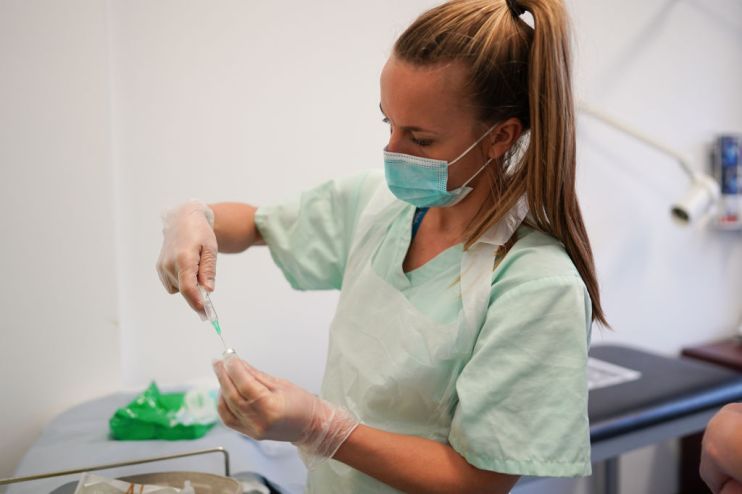Plans to shift GPs around the country will do little to restore the health of the NHS

Fresh proposals to relocate GPs to poorer areas have added further fuel to the ongoing political controversy about patient access to medical care. It sounds radical and could well be necessary – but it’s only a short term solution for the “levelling up” agenda, which should mean wholesale transformation for the entire country rather than a focus on what one area does or doesn’t have.
We need to address the short-term acute pressures on the health system, yes. But we also need to focus on building stability and longevity into a healthcare system yet to enter the 21st century.
Even before Covid hit, the NHS was experiencing its worst performance against waiting time targets since they were set in 2007. Add to this the missed appointments over the course of the pandemic and the result is there are now almost 6 million people on waiting lists.
The plans to prevent GPs setting up new practices in oversaturated areas, highlight the need to address staffing issues as part of improving care.
Last week, Sajid Javid admitted that the government would miss its pledge to have 6,000 new GPs by 2024. Simply moving around the existing doctors won’t fill this hole.
Not only is there a shortage of staff but deep personnel reform is long overdue. Simply requiring existing GPs in, or entering into, the system to work in a different area will only prove a sticking plaster, not a solution. There are currently over 100,000 frontline vacancies in the NHS. The issue of GP access needs to be addressed holistically as part of wider reform of the health system.
So, what do we need for “proper reform”, a term easily bandied around?
Critically, we need to take a step back and separate the short-term action needed to tackle the immediate pressures on the system from the fundamental long-term reform that will put the NHS on a stable footing for the future.
There is the desperate problem of rising waiting lists without the right plan to work through them. The NHS needs to partner with the private sector to access extra capacity to work through the Covid backlog.
This is an immediate step the Government could take to improve access and work through the backlog, otherwise these long waits will be with us for the foreseeable future.
Beyond this, the critical task for the Government is setting out a bold, future-looking vision for the NHS that puts technology at its heart. This should include systematising online appointments, online prescriptions, decentralised diagnostics, diagnostic AI and robotics. By fully harnessing the possibilities of technology in this way the system can reduce pressure by raising productivity, becoming more efficient and with more targeted preventative care.
Such a plan will need a revolutionised workforce: staff with diverse skillsets, empowered to deliver new and improved care to patients.
It is within this wider focus that decisions on GP deployment should be taken, not in the absence of them. There is an understandable desire to improve access to, and outcomes from, healthcare across the country, but it can only be done by embracing technology and reshaping the NHS for a new era.
This is the only way the founding purpose – good healthcare available to all – can endure.